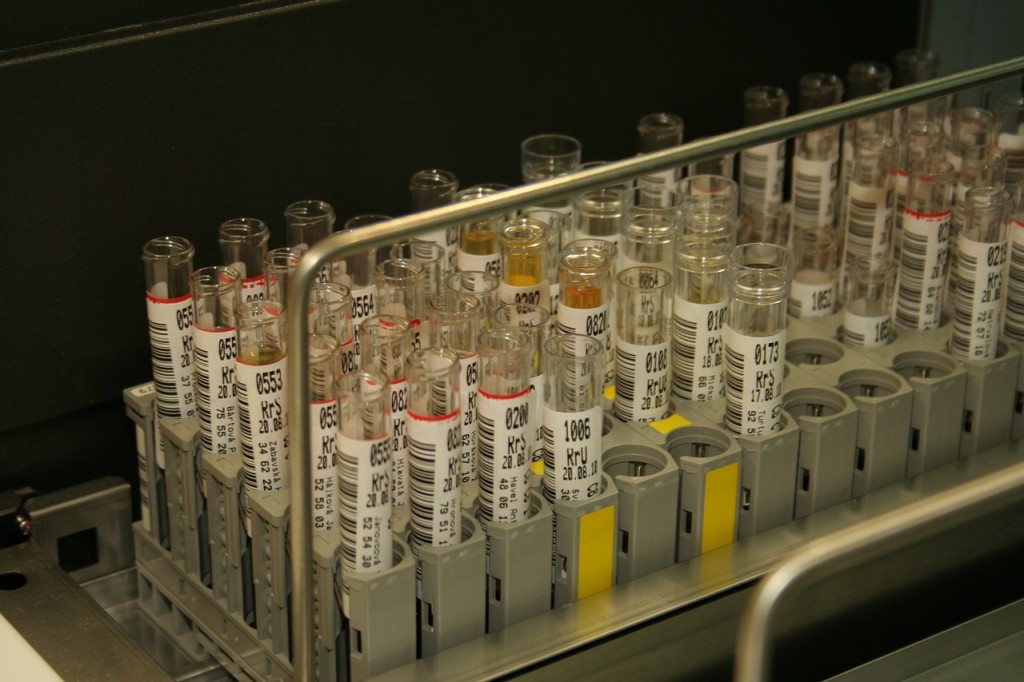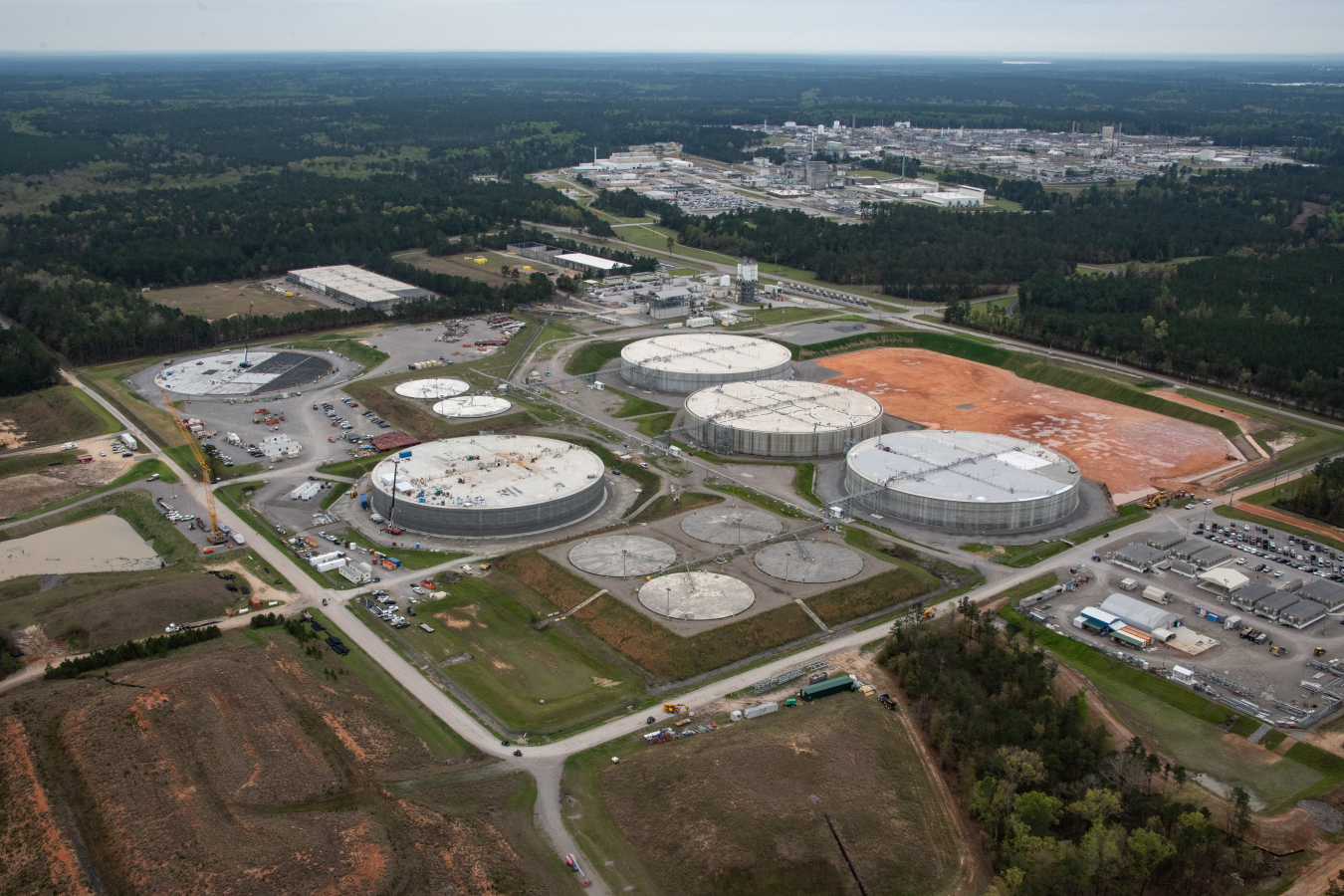Ingenious Industrial Wastewater Treatment Solutions: Safeguarding the Setting
Ingenious Industrial Wastewater Treatment Solutions: Safeguarding the Setting
Blog Article
Recognizing the Comprehensive Process of Fluid Waste Disposal: Ideal Practices and Environmental Influence Factors To Consider
The monitoring of liquid waste disposal is a multifaceted concern that requires a detailed understanding of various finest practices and their linked environmental effects. From the sorts of fluid waste created to the methods utilized for collection, treatment, and last disposal, each step plays an essential duty in securing environments and public health and wellness. As regulatory criteria advance and technology breakthroughs, the discussion around these processes ends up being progressively significant. What implications do these modifications hold for future sustainability initiatives, and how can stakeholders make certain that they are adequately addressed?
Kinds Of Liquid Waste
Recognizing the various kinds of fluid waste is necessary for reliable administration and disposal methods. Fluid waste can be broadly categorized right into numerous kinds, each calling for special handling and therapy strategies.
Industrial fluid waste often has unsafe products, including heavy steels, solvents, and chemicals, produced throughout producing procedures. These wastes require stringent governing compliance to shield human wellness and the environment. Domestic liquid waste mostly refers to wastewater produced from homes, consisting of sewage and greywater, which, although less harmful, can still pose considerable threats if improperly taken care of.
Agricultural liquid waste, consisting of drainage from ranches, commonly includes plant foods and chemicals that can cause environmental deterioration otherwise treated appropriately. Clinical liquid waste, generated from medical care centers, includes contaminated fluids such as physical liquids and chemicals, requiring specialized disposal methods to avoid infection and environmental contamination.
Finally, oil and grease waste, usually produced by restaurants and automobile industries, can create severe obstructions in drain systems otherwise handled effectively. Recognizing these classifications assists in targeted methods for treatment, compliance with laws, and efficient disposal approaches, inevitably advertising environmental sustainability and public health and wellness safety.

Collection Approaches
Efficient collection methods are essential for the appropriate monitoring of fluid waste, making certain that it is gathered securely and successfully before therapy or disposal. Various techniques are used depending on the kind of fluid waste created, the volume, and the specific characteristics of the waste.
One common approach is using committed collection tanks or sumps, which are developed to capture fluid waste at the source. These systems commonly incorporate pumps that assist in the transfer of waste to bigger storage containers or treatment centers. In addition, mobile collection systems furnished with vacuum innovation are employed in situations where waste is produced intermittently or in hard-to-reach locations.
For industrial setups, closed-loop systems can efficiently minimize spills and leakages, enabling the healing and reuse of liquid waste. It is likewise essential to educate employees on correct collection protocols to alleviate risks related to hazardous substances.
Furthermore, executing regular maintenance routines for collection equipment guarantees ideal performance and security. The integration of sophisticated tracking systems can boost collection efficiency by supplying real-time data on waste degrees and possible hazards. Generally, effective collection techniques are foundational to lasting fluid waste management techniques.
Therapy Processes
Treatment procedures play an essential duty in the management of liquid waste, transforming possibly harmful products right into recyclable sources or secure effluents - liquid waste disposal. These procedures can be generally classified into physical, chemical, and biological methods, each tailored to address details pollutants existing in the waste stream
Physical therapy techniques, such as sedimentation and filtration, job by removing put on hold solids and particle issue. These methods are usually the first action in the therapy chain, successfully decreasing the tons on subsequent procedures. Chemical therapies involve the use of reagents to neutralize harmful materials, precipitate hefty steels, or oxidize organic toxins, consequently boosting the safety and security of the effluent.
Organic treatment processes, consisting of activated sludge systems and anaerobic food digestion, profit from the natural capabilities of microbes to degrade raw material. These methods are especially efficient for wastewater having biodegradable toxins. Advanced treatment modern technologies, such as membrane purification and advanced oxidation procedures, are increasingly utilized to attain higher levels of purification.
Including a combination of these treatment methods not just ensures compliance with governing criteria yet likewise promotes ecological sustainability by recouping valuable resources from fluid waste.
Disposal Options
Just how can organizations make certain the secure and responsible disposal of fluid waste? Effective disposal options are critical for guarding public health and wellness and the setting. The key approaches consist of land disposal, treatment, and incineration followed by discharge right into community wastewater systems.
Land disposal entails the mindful containment of liquid waste in assigned garbage dumps, making certain that it does not seep right into surrounding dirt or water. Incineration, on the various other hand, topics fluid waste to high temperature levels, transforming it right into ash and gases, which call for correct filtering to lessen emissions. This approach is ideal for contaminateds materials that can not be treated through standard means.
In instances where fluid waste can be dealt with, organizations may go with chemical or biological therapy procedures to counteract hazardous components prior to releasing the dealt with effluent right into local systems. This route generally aligns with regulative demands, ensuring that the effluent fulfills safety and security requirements.
Eventually, companies need to conduct extensive analyses of each her explanation disposal alternative to establish its practicality, thinking about variables such as waste make-up, regulative conformity, and prospective risks to health and the environment. By choosing appropriate disposal techniques, services can add to a responsible waste monitoring strategy.
Environmental Effect
The ecological influence of fluid waste disposal is an essential consideration for companies looking for to lessen their environmental footprint. In addition, the discharge of neglected or improperly dealt with waste into surface area waters can result in eutrophication, leading to oxygen depletion and the subsequent death of fish and various other organisms.

To reduce these effects, organizations should adopt best practices such as implementing rigorous waste therapy processes, promoting recycling and reuse, and sticking to regulative requirements. By taking a proactive approach to liquid waste monitoring, entities can significantly reduce their environmental impact while sustaining sustainable advancement objectives. Eventually, a detailed understanding of the ecological impacts connected with fluid garbage disposal is essential for educated decision-making and liable stewardship of natural deposits.
Verdict
Effective monitoring of fluid waste is vital for protecting ecological integrity and public health. By taking on ideal practices in collection, disposal, and treatment, together with adherence to governing criteria, the possibility for damaging contamination of environments can be considerably reduced. Constant developments in technology and processes add to lasting waste monitoring initiatives. Inevitably, a thorough understanding of liquid garbage disposal not just mitigates ecological influences yet also promotes you can try here a commitment to responsible source administration and environmental stewardship.
The administration of fluid waste disposal is a multifaceted problem that needs a detailed understanding of numerous ideal techniques and their connected environmental impacts. From the kinds of fluid waste produced to the approaches used for collection, therapy, and final disposal, each action plays an important duty in safeguarding ecosystems and public health.The environmental effect of liquid waste disposal is a vital factor to consider for companies looking for to reduce their environmental impact. Eventually, a comprehensive understanding of the ecological effects associated with fluid waste disposal is necessary for informed decision-making and liable stewardship of all-natural sources.
Ultimately, an extensive understanding of liquid waste disposal not just alleviates ecological Our site effects but additionally promotes a commitment to responsible source monitoring and environmental stewardship.
Report this page